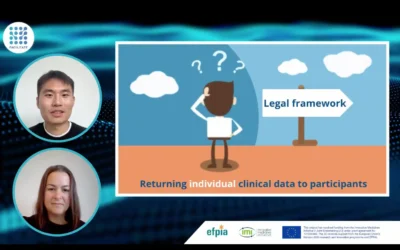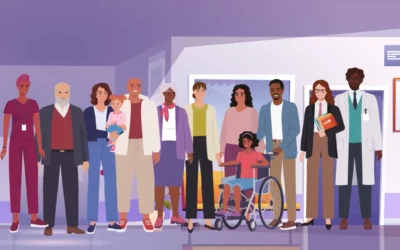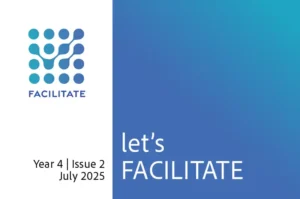At the Clinical Research As A Care Option (CRAACO) Conference held in Philadelphia on September 16-18, 2024, Nadir Ammour, Global Lead, Clinical Innovation & External Partnerships, Sanofi and co-leader of the FACILITATE project, was the guest speaker in the panel Returning Participant’s Individual Clinical trial Data.
Ammour began his speech by capturing the attention of the audience with the definition of ‘Patient-Centered Research’ as the active, meaningful, and collaborative interaction between patients and researchers at all stages of the research process, where research decision-making is guided by the contribution of patients as partners, recognizing their specific experiences, values, and expertise.
“Patient centricity” stated Ammour “is the commitment to listen and translate patient insights into actions that develop new healthcare solutions with meaningful outcomes, address unmet needs and improve health-related quality of life”.
In terms of shaping research and development programs, patient experience and preference inform benefit risk, identifies outcomes that matter most and support recruitment.
Building on this consideration, Ammour emphasized that clinical trial participants should not be considered “Study subjects” but true “Research partners”.
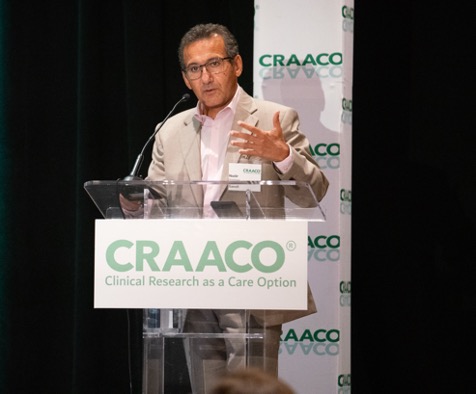
FACILITATE expected to assist both private and public researchers in navigating the ethical, legal, and science integrity, complexities associated with returning individual clinical trial data to participants.
The European project intends to deliver recommendations and proposed processes so that study participants can access their data in a manner that is both meaningful and respectful of their autonomy. Among its main goals:
- to develop guidelines for processing and returning study participants data,
- to propose those guidelines with ethical committees and data protection authorities,
- to enhance patient willingness to be involved and participate,
- to inform changes to regulation(s) If needed.
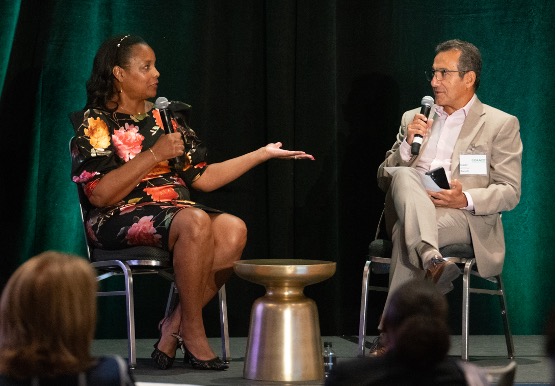
“What is fundamental today” said Ammour in conclusion of his speech “is to emphasize the importance of ongoing dialogue and research in this area and encourage attendees to consider how they can contribute to this important aspect of patient care in their own work”.



